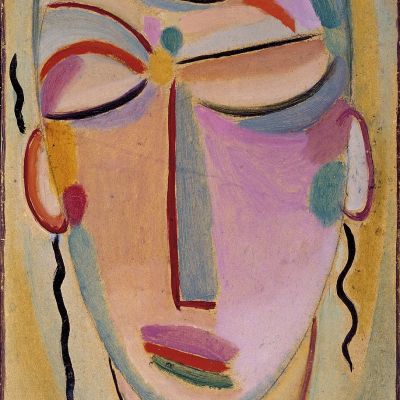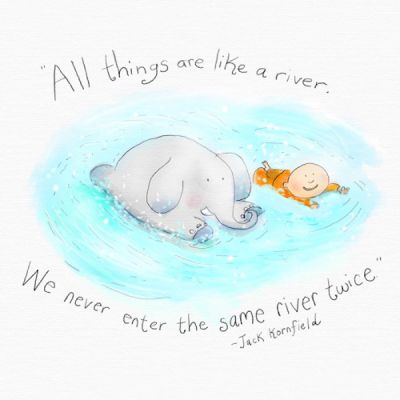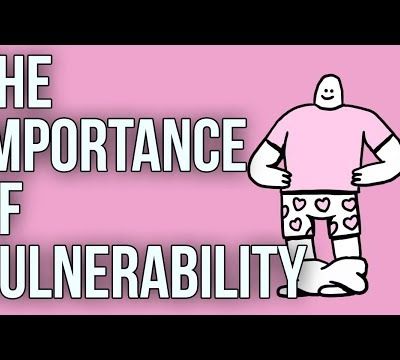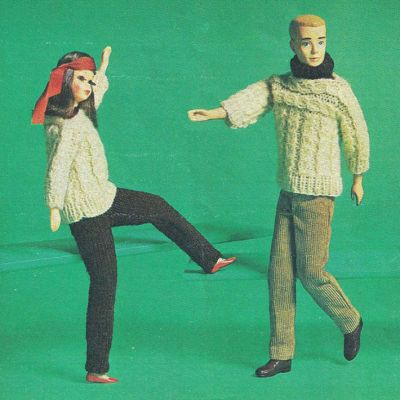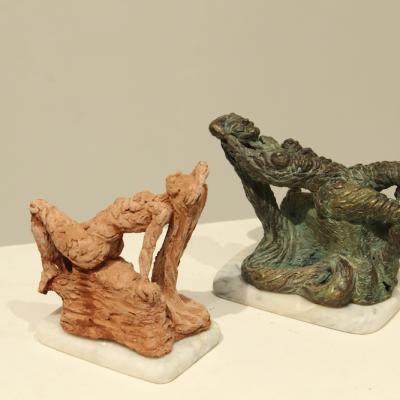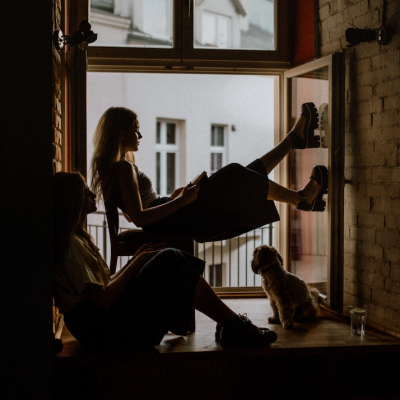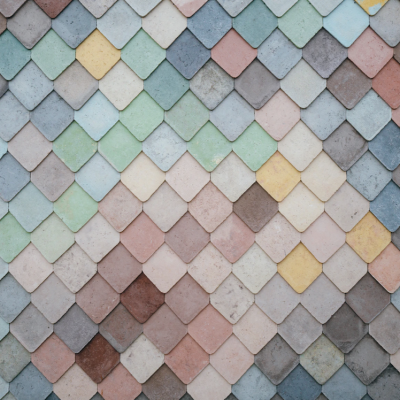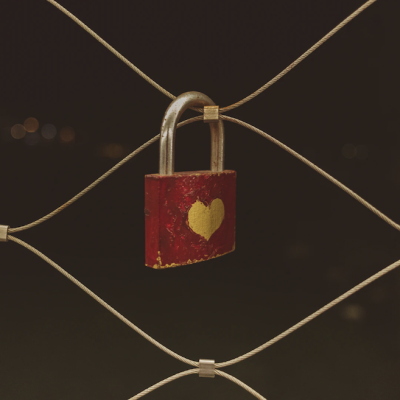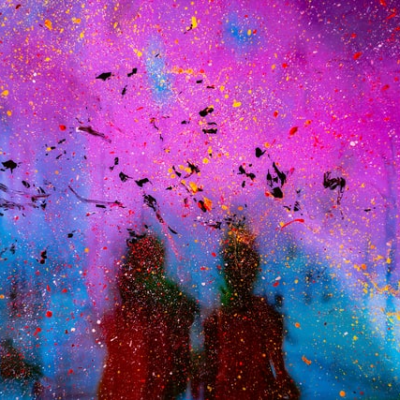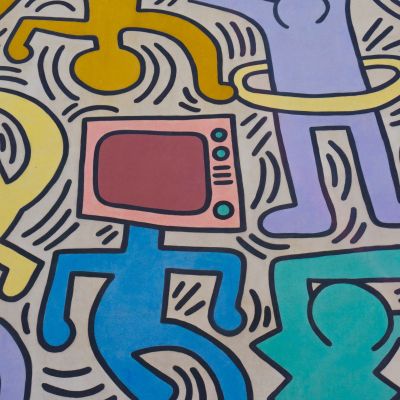connection
Spirituality often means different things to different people – some may dismiss it, some may link it to faith or religion, while some may simply experience it as a personal moment of connection. And spirituality is just that, a moment in which one feels ‘beyond’ oneself.
Spirituality and sexuality (for most people, if they are not asexual or voluntarily celibate, either of which is their right to be) are both about union. And they are both about deeply personal and intimate aspects of oneself.
Spirituality doesn’t have to be esoteric, as in belonging or being accessible only to a few. It is very much a part of our lives, just as sexuality is.
It wasn’t that she had never heard of homosexuality; but, in her imagination, gay men and women were an exotic species, not real people who could, perchance, be fellow passengers on a bus, fellow shoppers at a mall, or a fellow beginner in a meditation class.
We found these heart-warming doodles that are dedicated to staying conscious of things that matter for our personal well-being and our relationships with others but that we tend to lose touch with from time to time.
In a way, the expression of vulnerability can be a foundation of trust and mutual support in a relationship, often leading to a sharing of burdens and the building of a deepened connection and solidarity.
Puu, an episodic comic (consisting of 92 serialised episodes) created in 2016 by Nabigal-Nayagam Haider Ali – going by Nabi online – is woven together with vast, expansive threads of similar intense spiritual moments and reflections on devotion, faith, and love.
To be without intricacies is to be without emotional boundaries, to disregard whoever whenever. Besties save you from your shit. They are your heart, and they transcend any efficiency that the Tinderization Bestie Robot attempts to offer you in its binary fantasy.
Through multiple maquettes, I finally came across (since I myself did not know what the result of the form or figure would be) the Reclining Lady. She represents confident femininity and vulnerability. The feeling one has after taking a bath and sitting in the nude, drying oneself in unabashed nakedness.
“Be yourself, Sarah. Awkward smiles, empty silences, weird laughter, and all. It’s just a part of being human. Loving someone physically is never not awkward. Even if it’s a monogamous relationship. It’s only the comfort of familiarity that makes you think otherwise.”
It took me some time to realise how important being vulnerable or, for that matter, being vulnerable during sexual engagement was for me to have great sex and how empowering it is for my sexuality. After much thought, I decided to open up to my partner about my past experiences and other things I never used to openly talk about.
Being vulnerable helps boost our self-esteem and self-worth by pushing us out of our comfort-zone. It provides us with an opportunity to overcome obstacles and reach deep down within ourselves to find strength and confidence to keep going even when the odds are against us.
To chase down our own vulnerabilities around sexuality is a short run around the corner, five minutes ago, last night sleeping alone, with a lover, a partner who lost interest, the Insta post that leaves you feeling you’re not good enough for the hug, the kiss, the cuddle and are you perhaps the A of LGBTQIA+?
Vulnerability – is it a condition we find ourselves in? A state of being we choose? Let’s keep it very simple: it depends on the approach we take to defining it. In the former approach, we are ‘done to’, while in the latter we are consciously ‘doing’.
I was not simply stuck within the binaries of “same-sex” or “opposite sex,” assuming that any reference to “same-sex” is in itself already revolutionary. But the call to recognise friendship, is a call to recognise so many forms of community that are made invisible by the emphasis within a liberal or conservative framework on “marriage” as the only path to family making.




